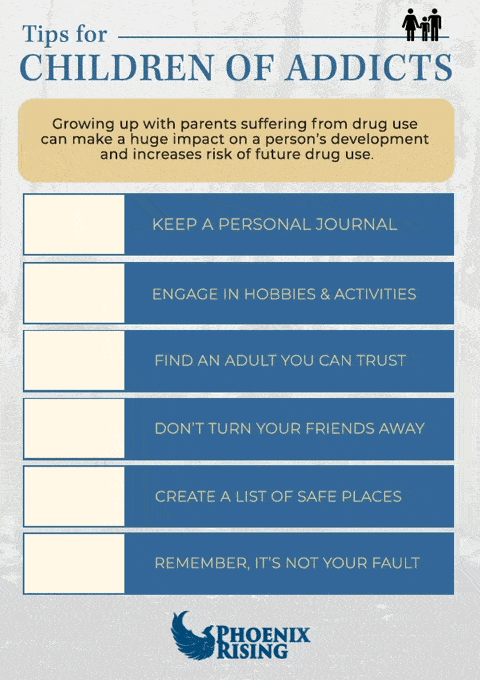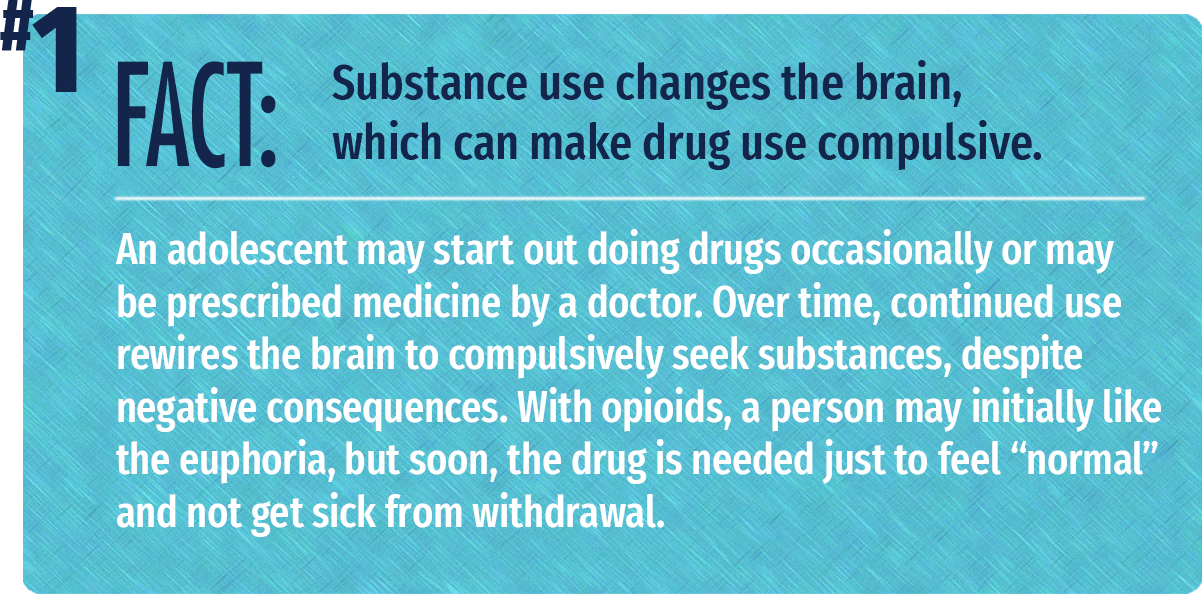DRUGS
WHAT DO I NEED TO KNOW ABOUT DRUG USE?
People from all walks of life can experience problems with their drug use, regardless of age, race, background, or the reason they started using drugs in the first place. Some people experiment with recreational drugs out of curiosity, to have a good time, because friends are doing it, or to ease problems such as stress, anxiety, or depression.
However, it’s not just illegal drugs, such as cocaine or heroin, that can lead to abuse and addiction. Prescription medications such as painkillers, sleeping pills, and tranquillisers can cause similar problems. Addiction to opioid painkillers can be so powerful it has become the major risk factor for heroin abuse.
WHAT IS DRUG ABUSE AND ADDICTION?
Drug abuse and addiction is less about the type or amount of the substance consumed or the frequency of your drug use, and more about the consequences of that drug use. If your drug use is causing problems in your life—at work, school, home, or in your relationships—you likely have a drug abuse or addiction problem.
Addiction is a disease that affects your brain and behaviour. When you’re addicted to drugs, you can’t resist the urge to use them, no matter how much harm the drugs may cause. The earlier you get treatment for drug addiction, the more likely you are to avoid some of the more dire consequences of the disease.
WHAT ARE THE WARNING SIGNS?
You may have one or more of these warning signs:
-
An urge to use the drug every day, or many times a day
-
Taking more drugs than you want to, and for longer than you thought you would
-
Always having the drug with you, and buying it even if you can’t afford it
-
Using drugs even if they cause you trouble at work or make you lash out at family and friends
-
Spending more time alone.
-
Not taking care of yourself or caring how you look
-
Stealing, lying, or doing dangerous things, like driving while high or having unsafe sex
-
Spending most of your time getting, using, or recovering from the effects of the drug
-
Feeling sick when you try to quit
WHAT SUPPORT IS THERE?
A GP is a good place to start. They can discuss your problems with you and get you into treatment. They may offer you treatment at the practice or refer you to your local drug service.
If you're not comfortable talking to a GP, you can approach your local drug treatment service yourself.
Visit the Frank website to find local drug treatment services. If you're having trouble finding the right sort of help, call the Frank drugs helpline on 0300 123 6600. They can talk you through all your options.
-
Talking therapies, such as CBT, help you to see how your thoughts and feelings affect your behaviour.
-
Treatment with medicines: If you're dependent on heroin or another opioid, you may be offered a substitute drug, such as methadone. This means you can get on with your treatment without having to worry about withdrawing or buying street drugs.
-
Detoxification (detox): This is for people who want to stop taking opioids like heroin completely. It helps you to cope with the withdrawal symptoms.
-
Self-help: Some people find support groups like Narcotics Anonymous helpful. Your key worker can tell you where your nearest group is.
WHAT CAN HELP?
'Self-help' tips don't solve the issue. However, they can help you/others feel more in control when experiencing strong emotions.
If you find that 'self-help' isn't enough, consider reaching out to a counsellor or your GP for help managing overwhelming emotions.
01
The toughest step toward recovery is the very first one: recognizing that you have a problem and deciding to make a change. It’s normal to feel uncertain about whether you’re ready to start recovery, or if you have what it takes to quit.
02
It’s normal to feel conflicted about giving up your drug of choice, even when you know it’s causing problems in your life. Recovery requires time, motivation, and support, but by making a commitment to change, you can overcome your addiction and regain control of your life.
03
Keep track of your drug use, including when and how much you use. This will give you a better sense of the role the addiction is playing in your life.
04
List the pros and cons of quitting, as well as the cost and benefits of continuing your drug use.
05
Avoid temptation. You may need to change the social circle that you have previously been involved with if this is where you use drugs. Try to surround yourself with people who will support you. Peer pressure can be huge so be prepared to have good excuses and plan ahead to help you avoid situations.
06
Look at the reasons why you started to use drugs. Mental illness and substance abuse often go hand in hand. If you are dealing with a mental illness such as anxiety, depression or post-traumatic stress disorder you should seek professional help from a licensed therapist or counsellor. A professional will provide you with healthy coping skills to alleviate your symptoms without turning to drugs and alcohol.
07
Keep a well-balanced life. People often turn to drugs and alcohol when something in their life is missing or not working. Practicing stress management skills can help you overcome these life stressors and will help you live a balanced and healthy life
08
Develop goals and dreams for your future. These will help you focus on what you want and help you realize that drugs and alcohol will simply get in the way and hinder you from achieving your goals.
09
Adjust your expectations. Everyone is different. Recovery for one person may mean total abstinence from drugs. For another, it could mean cutting back or staying mostly drug-free. Being too rigid in your expectations can lead to disappointment and a sense of failure, even if your loved one finds stability in their life again.
10
While some people are able to quit drugs on their own, the more help and support a person has, the better their chances of success. Offer to sit with your loved one while they call a helpline or accompany them to a doctor’s appointment, counselling session, or peer support group meeting.
EXTERNAL INFORMATION, SUPPORT AND ADVICE






















































 |  |  |
|---|---|---|
 |  |  |
 |  |  |
 |  |  |
 |  |  |
 |  |  |
 |  |  |
 |  |  |
 |  |  |
 |  |  |
 |  |  |
 |  |  |
 |  |  |
 |  |  |
 |  |  |
 |  |  |
 |  |

